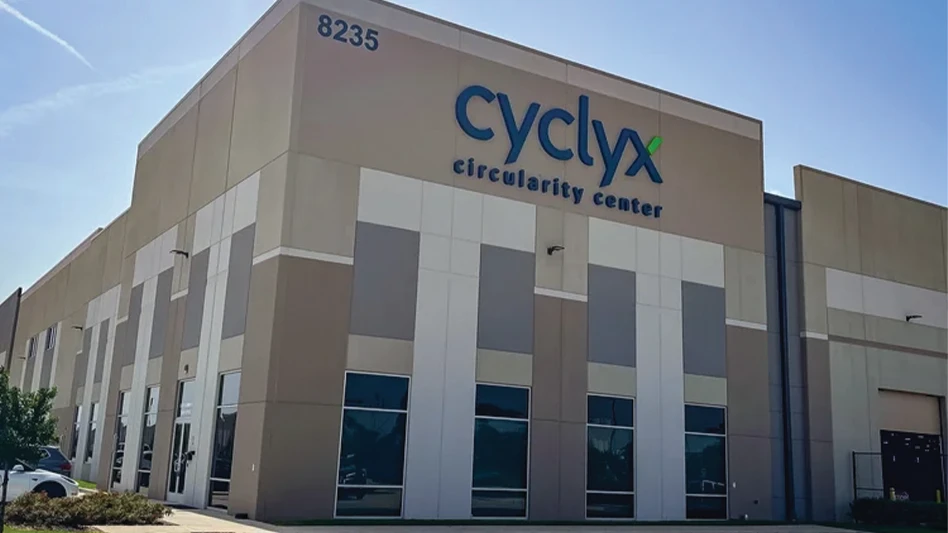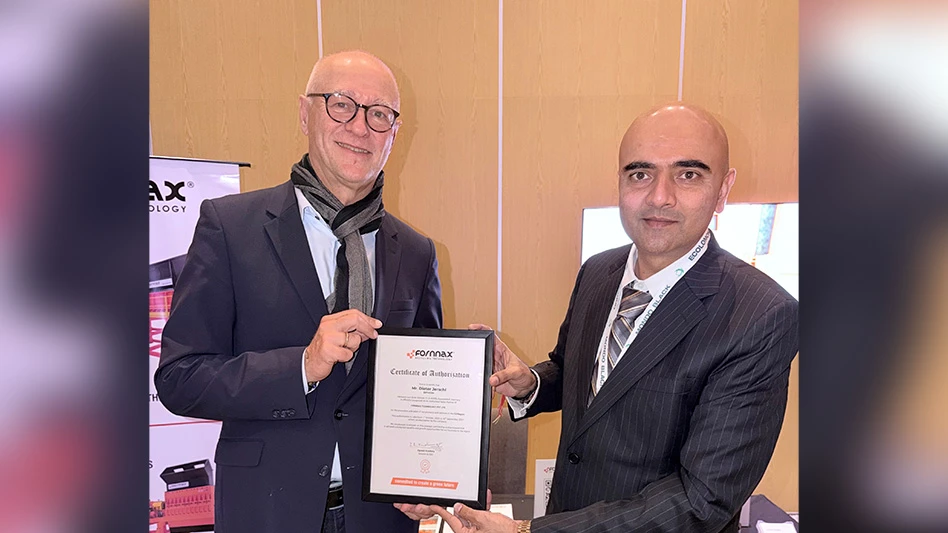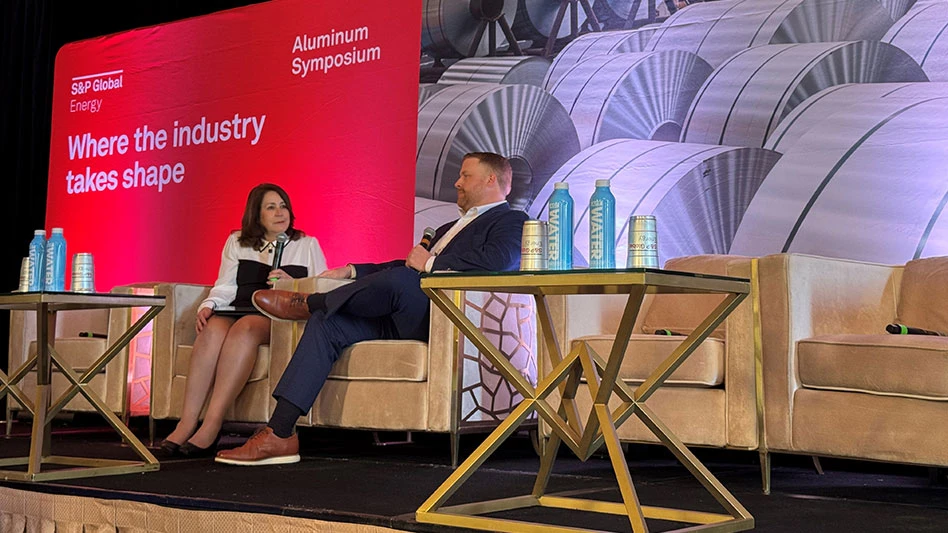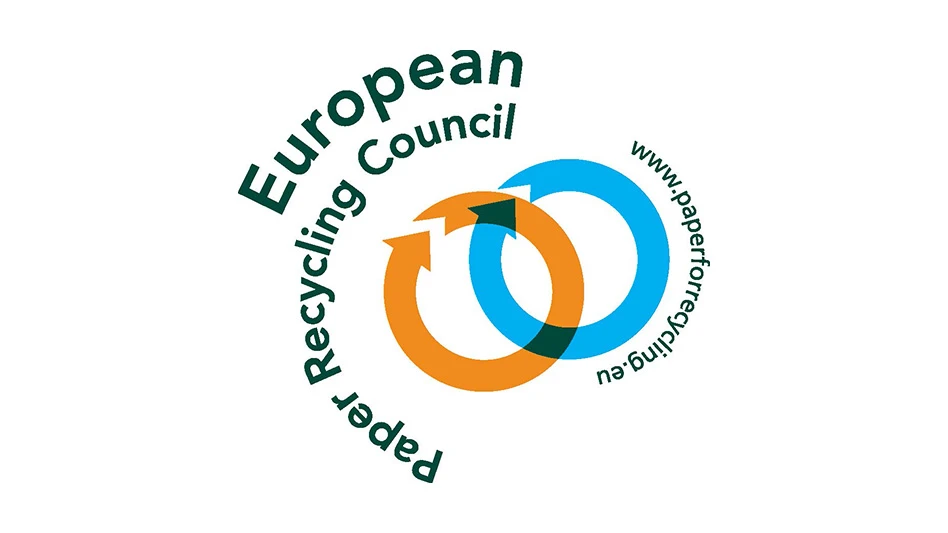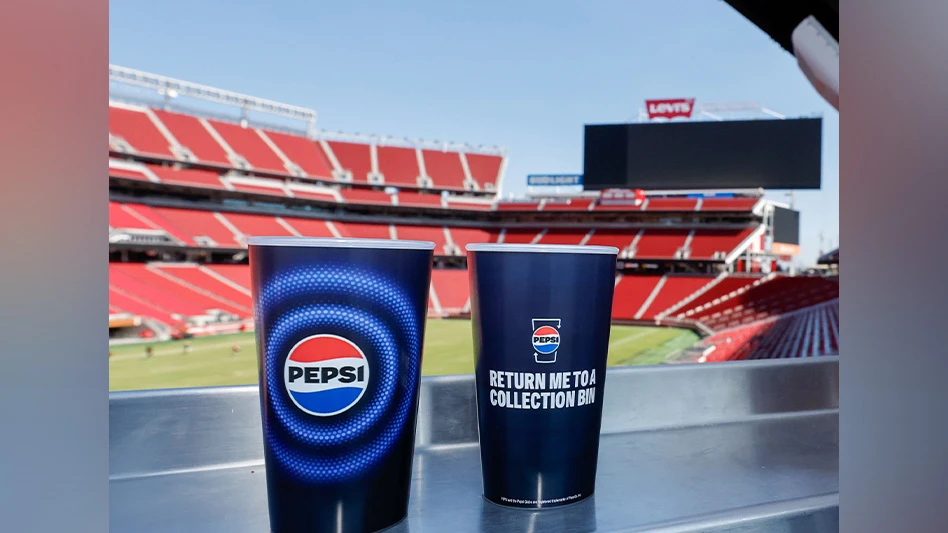
Photo courtesy of Comau SpA
Italy-based Comau SpA says it has developed a robot-centric electric vehicle (EV) battery dismantling cell as part of its ongoing commitment to advancing sustainable electric mobility solutions.
The company, which is affiliated with automaker Stellantis and has a U.S. office near Detroit, will test and validate its new system as a first step toward what it calls cost-effective second life repurposing of automotive batteries.
“The Comau-designed cell will facilitate the manipulation of low-charge batteries while minimizing risks to operators and equipment," the company says.
Comau describes its Flexible Battery Dismantling (Flex-BD) workstation as a robotized system that automates the entire process of dismantling worn out electric batteries using a highly flexible, repeatable and standardizable process.
The firm says it has validated Flex-BD’s proof of concept and is now expanding the scope of its effort to include second life repurposing of automotive batteries.
Comau says it is working in collaboration with other partners within the European Institute of Innovation and Technology (EIT) manufacturing community.
The firm estimates, based on predicted electric battery production volumes in Europe during the next several years, that the European Union could have more than 1 million discarded batteries to be reused by 2030.
The growing market should enable businesses to reduce waste and optimize the reuse of raw materials contained within battery packs, Comau says. Those materials can include nickel, lithium and cobalt.
“Flex-BD represents a significant improvement to manual handling processes that often include repetitive and heavy tasks in addition to contact with potentially harmful substances,” the company states.
“Our work with the Flex-BD project leverages Comau’s long standing automation expertise in the development of flexible, scalable and sustainable processes,” Comau CEO Pietro Gorlier says. “By expanding our smart automation solution to include second life repurposing of high-power batteries, many of which have a residual capacity of up to 80 percent, Comau is making a concrete contribution to the realization of truly sustainable mobility.”
Unlike the materials recovery and recycling process, in which the battery is completely discharged and destroyed, second-life battery repurposing is done while maintaining a low but active battery charge, Comau says.
Latest from Recycling Today
- NAW secures injunction blocking enforcement of Oregon’s EPR law
- WM opens 2 new MRFs in Ontario
- International Paper to close Washington box plant
- Cascades exits honeycomb packaging, partition business segments
- Customer focus drives Bantam Materials’ success
- ATI reports slimmer profits
- Papilo acquires Allwood Recycling in UK
- RecycleNation helps people find nearby recycling facilities
